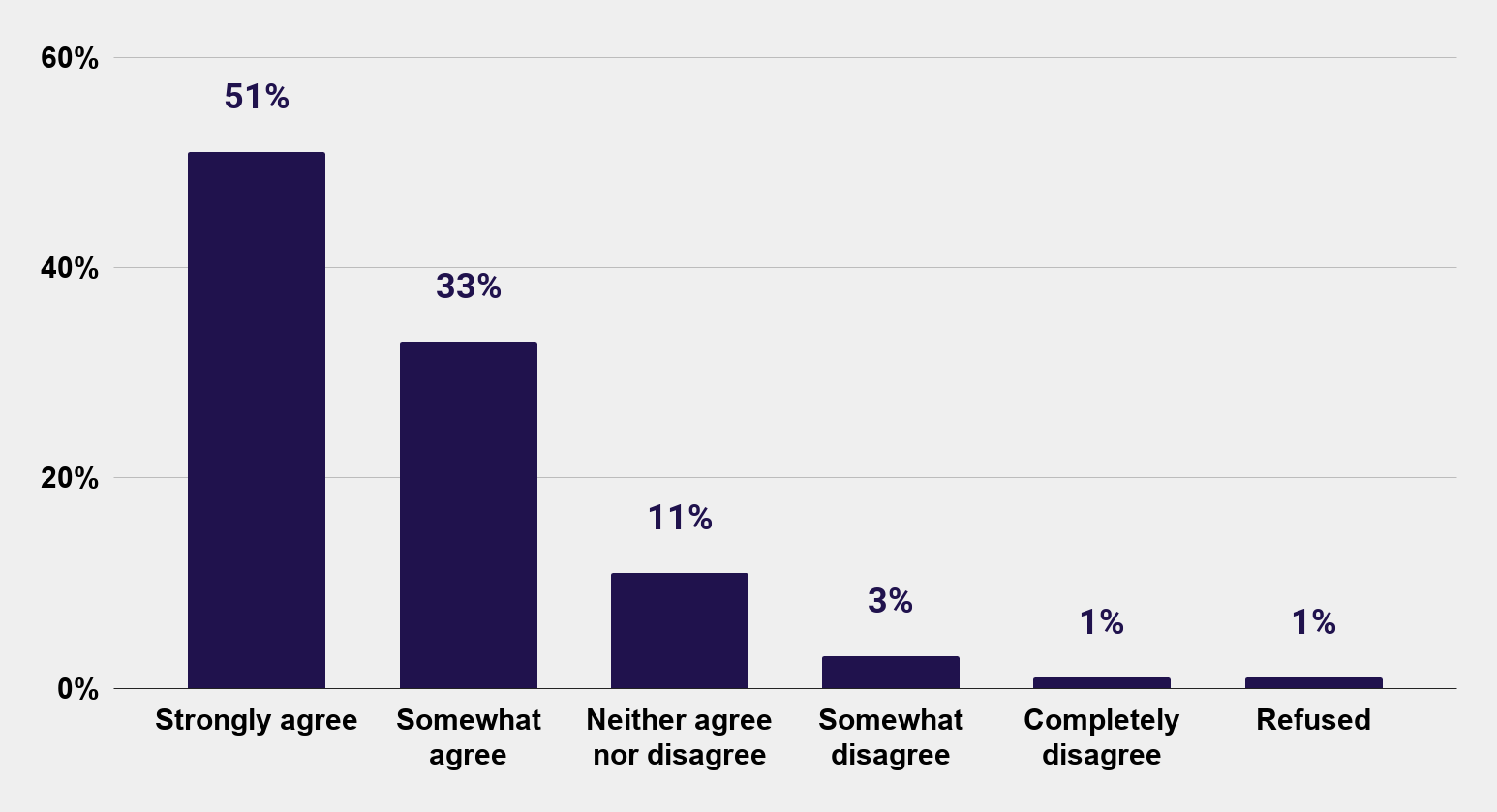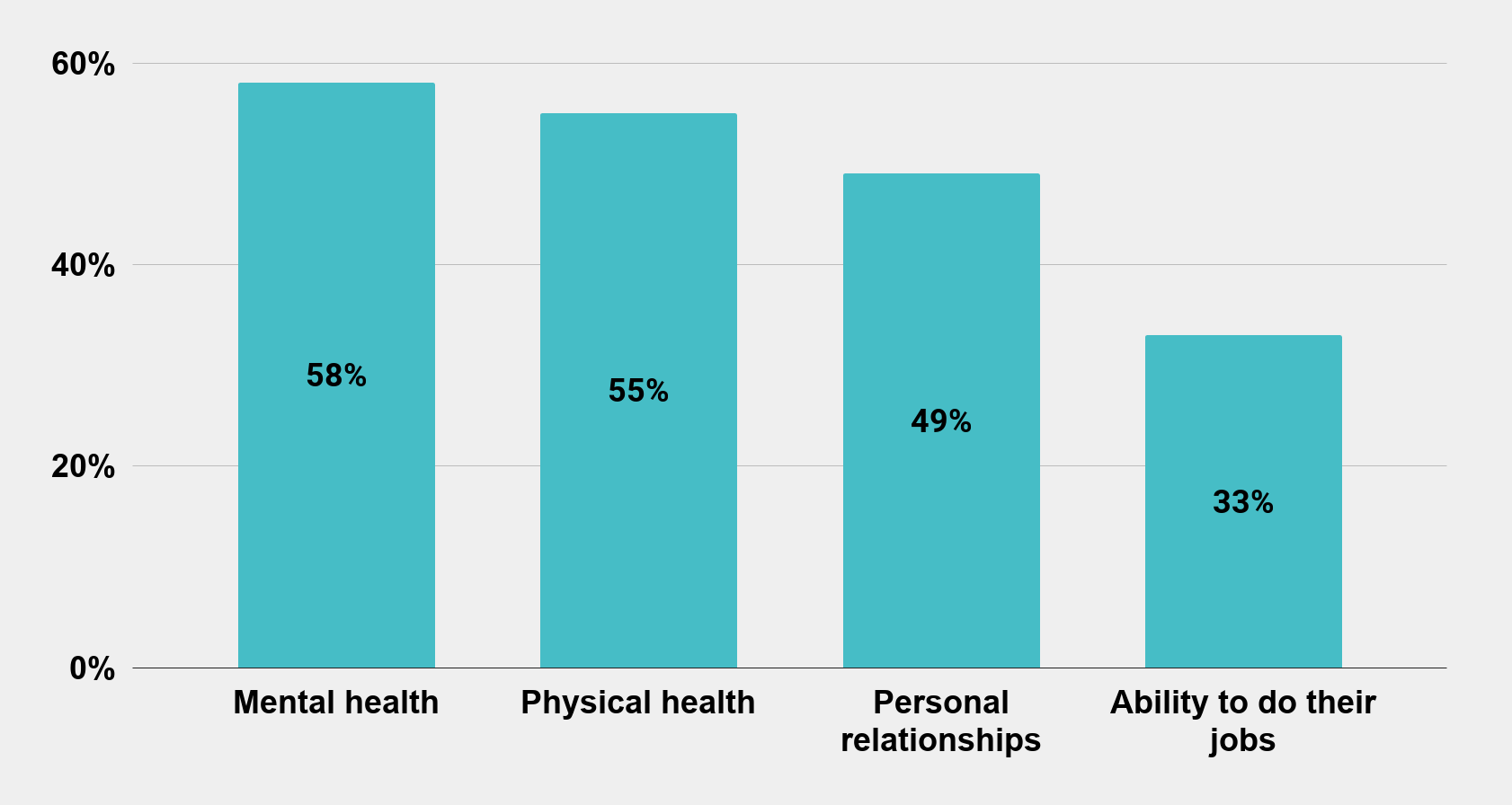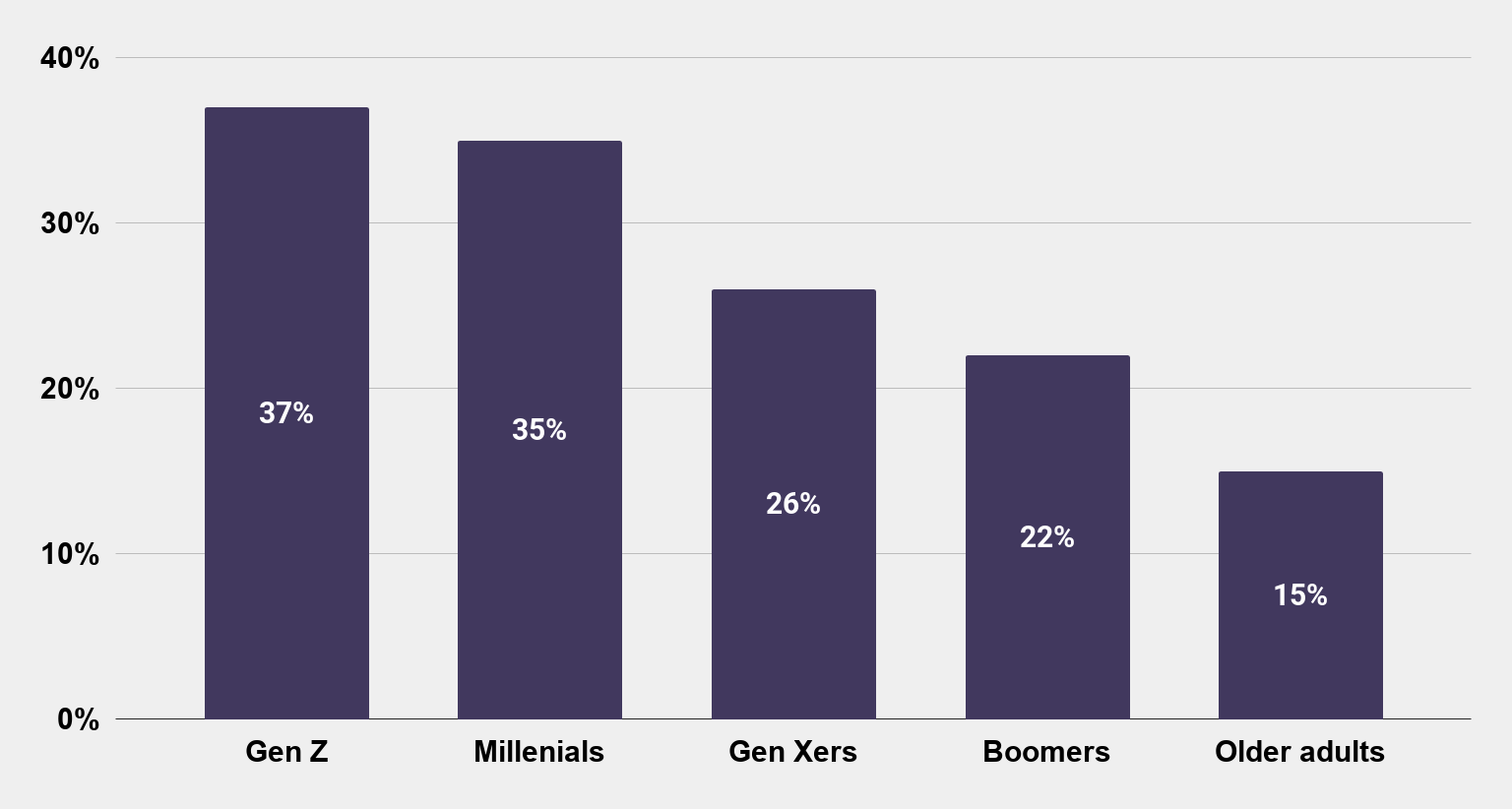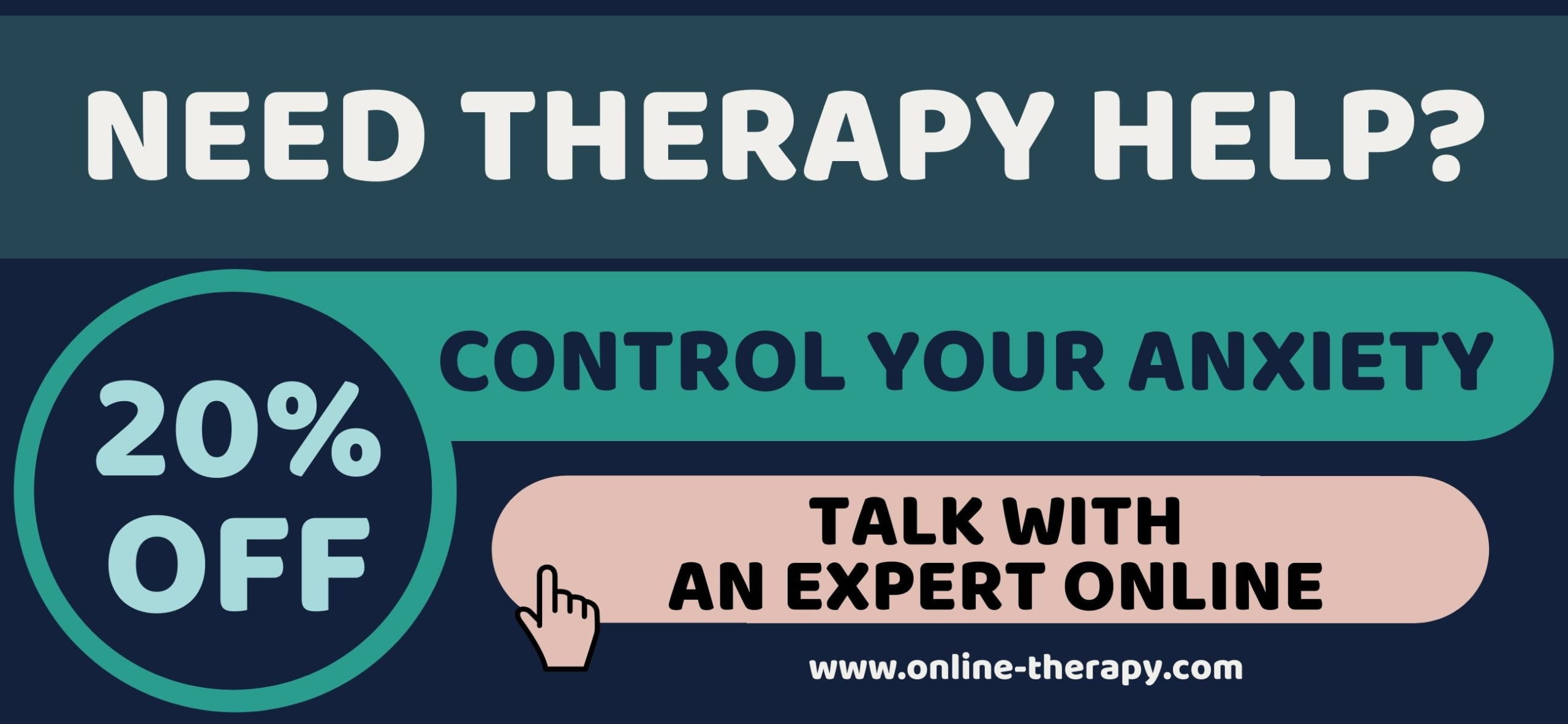How to Remain Positive in Difficult Times
WhatToGetMy Instructional Article
- Difficult times are an inevitable part of life and accepting this is an important first step in being able to stay positive in difficult times.
- When you see difficult times as inevitable, when they eventually come along you are not taken aback or surprised but will always take it in stride and see it as one of the usual occurrences of life.
- An important first step to staying positive during difficult times is to understand the type of difficult time you’re going through. That would help you know what approach to positivity to take.
- Positive thinking is important and beneficial to a longer and healthier life.
Difficulties cause anxiety and stress and are one of the leading causes of anxiety and stress disorders. In the United States alone, more than 5,000 adults aged between 29 – 49 years old suffered one or more forms of general anxiety disorder between 2008 and 2012. And sadly those numbers have risen steadily since then. The only antidote that will help us as a country, is embracing the power of positivity and positive thinking and being positive even when things are bad, and in this article, we will show you just how.
Number of Adults with Anxiety Disorders in the US in 2008-2012 By Age Group.

Source: www.samhsa.gov
Difficult times are an inevitable part of life. Not what you wanted to hear or read right? Apologies for starting a positivity article with such a pessimistic tone. But stay with us to the end, it will be worth your time and read.
We are honest and realistic people and we believe very much in honest, realistic, and practical solutions and outlook to life. So, let’s unpack difficult times a little before we go to the how-to. And here’s why this is so important. Understanding a problem first is the major key to tackling and solving it. Once you understand the precise dynamics of the problem you’re dealing with, the problem itself is already half solved.

Use this graphic for free, just source us with this link:
Source Link: https://whattogetmy.com/how-to-remain-positive-in-difficult-times/
DIFFICULT TIMES; TYPES OF DIFFICULT TIMES.
The concept of difficult times isn’t too difficult to understand, no pun intended. Difficult times are generally understood to be turbulent times or times when things aren’t going so great or as intended. And as long as we live and breathe, these times will always come up. Better to prepare yourself for it then.
It is however important to know the type of difficult situation or time(s) you are dealing with, so that you know the solution and approach to adopt. There are two broad categories of difficult times. The first is difficult times outside your control or external difficult times; and the second is difficult times within your control or internal difficult times. Within these two broad types, we have subtypes or examples. We will set out below how to deal with the positivity for each type.
External difficult times include occurrences like natural disasters; deaths; getting laid off from work as a result of a restructuring or other causes independent of yourself; tragedies that befall persons close to you and other negative events or turbulence that occurs independently of you and over which you have no control.
Internal difficult times on the other hand are those negative occurrences that affect you directly and over which you have control and may have contributed to. Examples here include misunderstanding and frictions in relationships that you are involved in, and for which you may have a part to play; loss of your employment as a result of a fault on your part; illnesses arising out of negative lifestyle choices and/or habits; and other negative events that are directly a result of action on your part and within your control.
Types of Difficult times
- Natural disasters; deaths; terminal illnesses.
- Tragedies to close relatives and friends.
- Getting laid off at work as a result of restructuring.
- Other negative events independent of you and over which you have no control.
- Relationship misunderstandings.
- Loss of employment as a result of fault on your part.
- Illnesses arising out of lifestyle choices and habits.
- Other negative events that are directly a result of action on your part and within your control.
HOW TO STAY AND REMAIN POSITIVE IN DIFFICULT TIMES.
Let’s be honest, staying positive during difficult times is not easy at all. Our natural bent as human beings is to mourn and cry and stay melancholic when difficult times arise. But knowing that difficult times remain an inevitable part of life, staying melancholic and negative every time we are faced with a difficult challenge is not sustainable.
How then do we stay and remain positive in difficult times? Below are helpful ways/tips to help you get through those difficult times and moments in your life. Think of them as tips for staying positive in life.
The most important step to being able to stay and remain positive in difficult times is to understand the type of difficult time you are faced with; whether it is of the external or internal type. This knowledge would in turn inform the steps you take in staying positive and remaining positive. This is a very important step for this reason – there is no one size fits all approach to positivity in difficult times; each set of problems will need a specific tailor-made solution that takes into account the complexities and peculiar dynamics of that problem.
For the two types of difficult times, here are ways to stay and remain positive:
Tips for Staying and Remaining Positive in External Difficult Times.
1. First, understand that these are circumstances beyond your control.
You never planned for it to happen nor did you have any part to play in this happening to you. For instance, the death and loss of a loved one or perhaps your company had to cut jobs as a cost-saving measure and your job was affected. Remember as we have said, difficult times are an inevitable part of life. These negative events happen and are not your fault at all. It is important therefore that you do not either blame yourself for what happened in these types of difficult times; it was not your fault or of anything that you did or do not do.
It is also important that you do not entertain thoughts such as the fact that perhaps you are cursed or have a stroke of certain bad luck or omen following you. Nothing could be further from the truth. Everyone in life will have one or more negative things or event(s) befall them and this would then mean that all of humanity is cursed. I think you can agree with us that this couldn’t possibly be true or right.
When you see difficult times as inevitable, when they eventually come along you are not taken aback or surprised but will always take it in stride and see it as one of the usual occurrences of life. This will also help in not letting the difficulty have a hold or grip or power over you. You will understand that it happens to everyone and it happening to you at that specific point in time is not special, but all a part of life.
2. Once you understand that the circumstances and events are beyond your control and are part of the inevitabilities of life, condition your mind to not accept and resign to defeat or what some will call their fate.
This is very critical and important because if you do not first conquer that difficult time in your mind, you can be rest assured that you will remain melancholic and defeated throughout. And the state of your mind, also known as your mental health, would definitely also have an impact on your physical health. When you are melancholic and defeated you will remain miserable and depressed and negative, and this will only lengthen and worsen the misery, which will in turn take its toll on your physical health.
Percentage of U.S. Adults who agreed mental health has an impact on physical health as of 2019.

Source: www.psychiatry.org
The mind is where all battles and challenges are won. If you do not conquer your mind and condition it appropriately, you will not rise above your challenges. And we will be honest; this is not easy at all. You will need to be very intentional about it.
And tuning and conditioning your mind to adopt a positive mindset does not at all mean that somehow your sorrow would vanish away and you suddenly feel upbeat. On the contrary, the pain will still be there; the sorrow will still be there. This is only natural because something bad has happened to you and you are human; it will hurt and the pain and sorrow would still be there. The difference however between you and the person who has not conditioned their mind is that in your sorrow and pain you will have strength and hope because of the reconditioning of your mind. And it is this strength and hope that will in turn make it easier for you to go through the pain and sorrow.
3. Accept that you are human and that you are hurt.
It is important that you let yourself hurt and go through the pain and sorrow that comes with the difficult time you are going through. This is because this is an important part of the process of healing for instance if the difficult time you are going through is death or tragedy or a natural disaster. Allow yourself go through the full gamut of emotions that come with going through difficult times – anger; anguish, the works. Sweeping your feelings under the rug will only serve to undercut the process of reconditioning your mind because whether you believe it or not, those emotions if unresolved will surface again and this time harder if another difficult time whether external or internal, happens again.
4. Once you have told yourself the truth about how you are actually feeling about the situation, write these down.
Spend some time with yourself and ask yourself why it is you are feeling the way you are feeling. Understanding your feelings and why you are feeling the way you are will help you in knowing how to address your feelings because you know yourself and how you best deal with such emotions. Write down why you are feeling that way. Ask yourself if you like the way you feel and what you would much rather feel instead. Write these positive emotions you want to feel and ask yourself how you best feel these positive emotions.
5. Take positive steps in the right direction to get yourself to feel more positive.
So for instance you have lost a loved one, bring to remembrance all the positive things that you shared with the person and things you used to do together for example. If going to certain places would help lift your spirit, make going to such places a habit. Whatever it is you do, do not sit and mop and dwell in misery and try not to think while sleeping, as that can also heighten anxiety. Stand up and take positive action to fill yourself with positive energy and vibes.
6. It is important to be in good company in difficult times.
Never spend time alone when you are going through a difficult time. Hang out with friends. Talk to a counselor if you need to. If you belong to a faith organization, explore and utilize the channels of counseling and assistance available in your organization, if these are reliable and trustworthy.
If however, you do not have good friends or company to be around in such times, go out to places like the museum, the movies. Take a walk or run. Meditate or do yoga or whatever mindfulness exercise works for you. Whatever happens, keep busy and keep your mind engaged so that you do not have to give room to dwelling on your challenges and bringing up negative emotions and energies.
Research has shown that isolation, in difficult times especially, can have a negative detrimental impact on your mental health. And this was proven by a survey conducted amongst 276 Americans aged 18 years and older in 2018, with 58% of them recording a negative impact in their mental health.
Negative Impact of Isolation on Aspects of Life, US (May 2018)

Source: Kff.org
7. And finally, never be too proud to ask for help if you need help. Problems and difficulties do not answer to pride; they answer to solutions. Research and look for where solutions will lie, and if those solutions involve asking a person or two for help, do not let pride make you not ask for help. A problem shared is a problem half solved. By seeking for solutions, you are a step closer to overcoming that challenge and bringing the positive energy into your life that comes with rising above a problem/difficulty/challenge. And if you feel ashamed to ask for help, be encouraged by this 2018 stats of Americans that sought the help of mental health professionals to deal with the issues they had. Seeking help is very crucial.
Percentage of US Residents who Received Help From a Mental Health Professional as of 2018, by Generation.

Source: www.apa.org
Tips for Staying and Remaining Positive in Internal Difficult Times.
With the exception of numbers 1 and 2 tips above, the rest of the above tips for External Difficult Times will also apply to Internal Difficult times with the following variations. These variations deal directly with numbers 1 and 2:
1. Accept the part you played in the difficulty you are faced with and own up and take responsibility for it.
This is important because until you accept that you had a hand and part to play in the predicament you are faced with, you will not learn the important life lessons you need to learn. And secondly, you will not find solutions that are suited to finding positivity in the problem and solving it. So say for instance you got fired because of misconduct on your part. Until you own up to the fact that you are out of a job because you screwed up, you will keep blaming everyone else but yourself. This will in turn make you negative and bitter towards everyone else because you think everyone else but you is to blame for your predicament. This will in turn breed other negative emotions like revenge and animosity and acrimony. Can you see what all of this will lead to – no solutions; no headway but negativity that will stifle and hinder your progress and rising above your predicament.
2. Once you have owned up and accepted the part you played, then you need to recondition your mind.
Do not wallow in self-pity. You must then tell yourself that yes you made a mistake and screwed up, but mistakes are also an inevitable part of life and the learning curveball in life. Tell yourself that your mistake(s) do not define who you are and that you will definitely rise above that mistake and be a better person. This is very important. Remember as we said above, your mind is very important and the condition that you place your mind in will go a long way in determining whether you stay positive or negative; defeated, or victorious. No matter how bad you may have screwed up, tell yourself until you believe it, that that mistake does not define who you are, and as a result, you will definitely rise and conquer and come out a better version of yourself.
3. Write down all the mistakes you made and how you contributed to the problem and tell yourself not to repeat the same.
It is important that you are honest with yourself in going through this process. This is because doing this honestly and properly, will ensure that you do not repeat the same mistake(s) again. Ask yourself what the trigger points were for you and impress on yourself that you will not repeat the same again; that you will avoid all the trigger points in order to ensure that there is no repeat of what you are going through.
4. Then go through the processes and tips at numbers 3 through to 7 above.
Taking concrete action for example could also mean making drastic lifestyle changes in a case for example where you are sick as a result of your lifestyle habit and choices. So if for example, you are diabetic as a result of your body weight, then consider that you will need to make serious lifestyle changes like changing your diet and having an exercise routine. Remember, be honest with yourself throughout the process and you will attain maximal results.
WHY POSITIVE THINKING IS IMPORTANT: THE IMPORTANCE OF POSITIVE THINKING IN DIFFICULT TIMES.
Positive thinking in difficult times is very critical and important. A positive mindset as we have outlined above, is what will make the world of difference between a successful and unsuccessful life. We can all agree that when we are successful in life, according to our relative standards, this causes the release of endorphins or the feel-good hormones that would in turn make us always feel happy and elated. A negative mindset is the fastest way to an early grave and demise. If you are given to negativity, you also risk exposing yourself to many health risks and diseases.
In short, positive thinking is the only guaranteed solution to a long enjoyable, healthy and peaceful life here on earth. So powerful is positive thinking that according to findings from John Hopkins expert, Lisa R. Yanek (MPH) and her colleagues,
“People with a family history of heart disease who also had a positive outlook were one-third less likely to have a heart attack or other cardiovascular event within five to 25 years than those with a more negative outlook.”
You can rise above genetics just by positive thinking. How powerful is that! The power and importance of positive thinking cannot be overstated/over-emphasized.
THE BENEFITS OF POSITIVE THINKING IN DIFFICULT TIMES.
When you keep a positive attitude in hard/difficult times, you will enjoy the following benefits:
- You will have a freer mind and this would, in turn, ensure productivity, efficiency, and effectiveness in your day to day life and chores;
- You will live a long healthy life;
- You become a magnet that attracts other positive people to your life;
- Difficulties will never define you or have the upper hand in your life – you will always remain in charge and control of what you feel and how difficulties affect or influence you by being always positive and seeing the positive in them;
- Positivity has a way of generating positive outcomes and results in one’s life. When you choose to have positive energies and a positive outlook, the universe has a way of responding in turn and sending only positive things your way. Even negative situations will somehow always have a positive edge and element to them. This is all the more so when you condition your mind to never let difficulties create a defeated and negative mentality in you.
- 3 scientific studies/research has provided valuable statistics on positive thinking and the considerable health benefits that we enjoy when we plug into the power of positive thinking. It reduces anxiety; we are also happier and tend to be more inclined to positive and healthier lifestyle choices.
FREQUENTLY ASKED QUESTIONS
1. I find it hard to stay positive, what tips for staying positive in life can you give me?
Staying positive in life is a mindset and a choice. We have shown you in this article the benefits of positive thinking. You can only reap those benefits by staying positive and practicing positive thinking. By practicing the tips that we have outlined in this article, you will definitely be a step closer to staying positive in life.
2. How do you become positive happy and optimistic?
You can become all of these by choosing to be so, and being intentional about it. Life will not always be rosy, and it is only by making the choice to stay positive during difficult times, can you actually be positive, happy, and optimistic. Remember the power is in your mind.
3. How does the power of positive thinking work and how does positive thoughts influence your life?
The power of positive thinking lies in the mind. Once your mind is conditioned to always think positively no matter what, it becomes easier to keep a positive attitude in hard/difficult times; to maintain a positive attitude in stressful times. In addition to conditioning your mind for positive thinking, you will also need to follow through the tips we have listed in this article, to fully unplug the power of positive thinking in your life. And when you do all these, the power of positive thoughts will produce the benefits that are listed in this article in your life.
CONCLUSION
Accepting that difficult times are an inevitable part of life, would help us in adopting a positive mindset, and staying positive in difficult times. Identifying the type of difficult time you are faced with, is an important first step in dealing with the difficult time you are faced with because that understanding will inform the approach and steps you take towards staying positive in your difficult time(s).
01 HOUR 38 MINUTES
ESTIMATED TIME DESIGNING AND UPLOADING THIS ARTICLE
10 HOURS 10 MINUTES
ESTIMATED TIME RESEARCHING AND WRITING THIS ARTICLE
You Might Also Like



